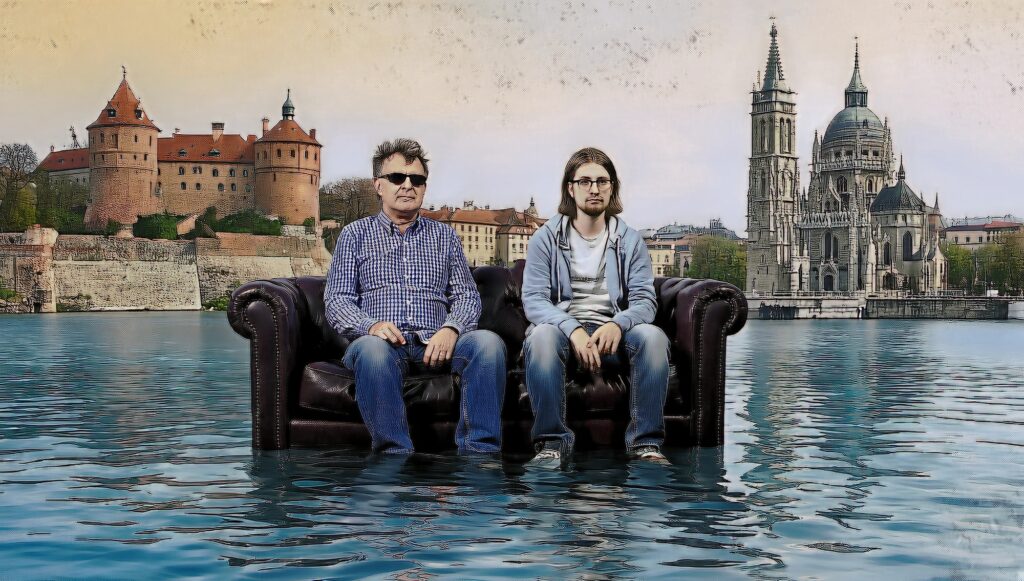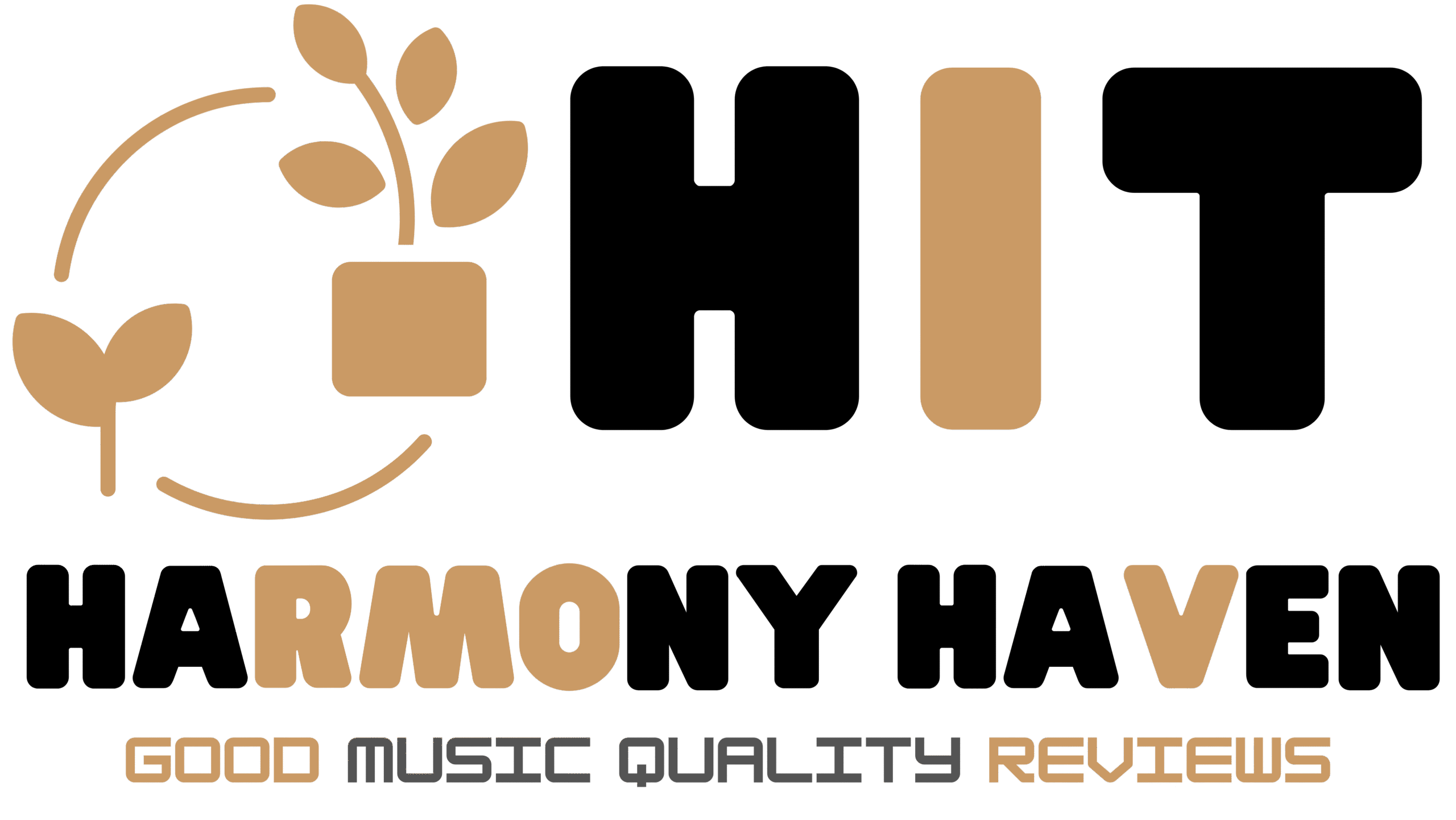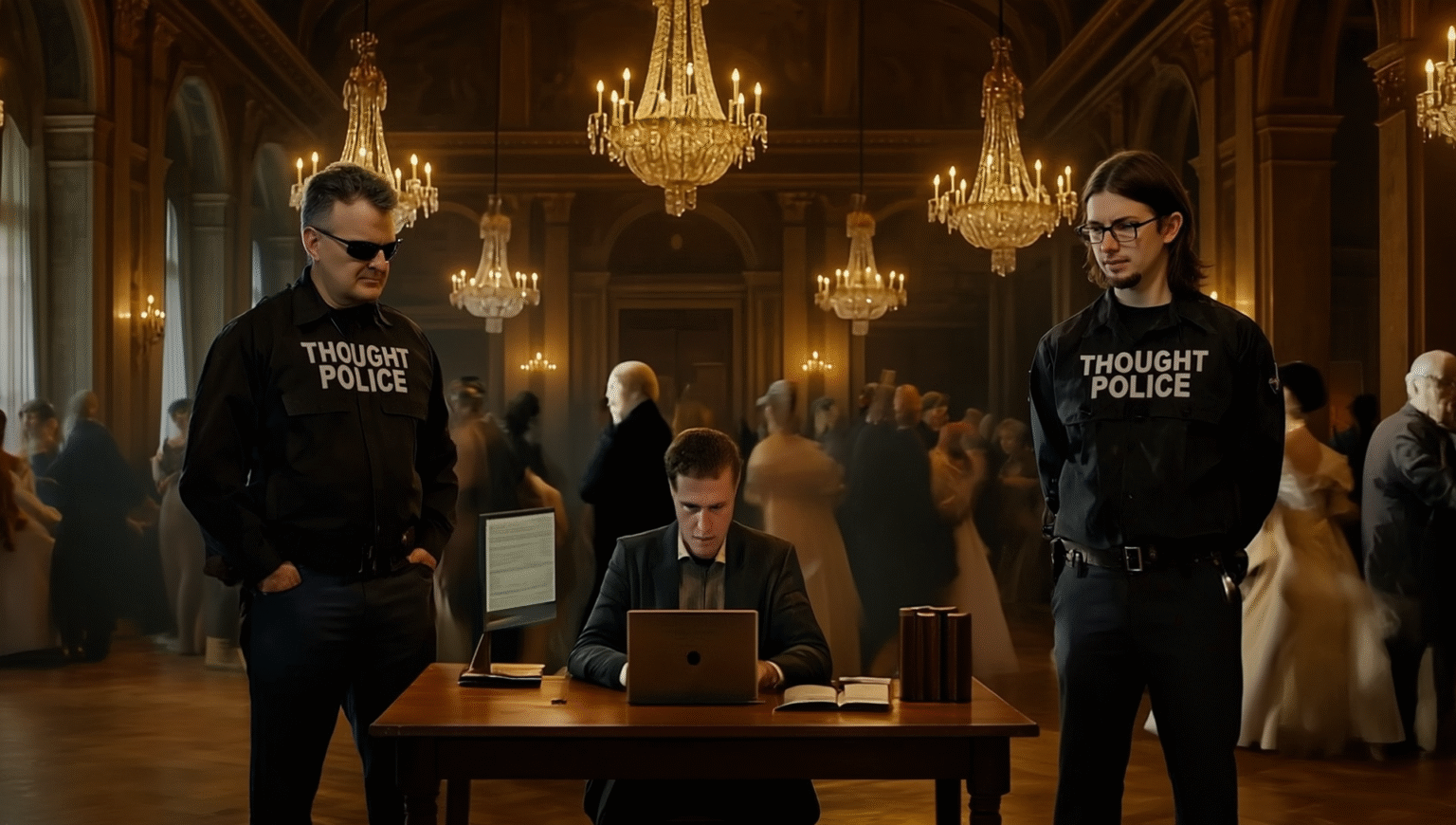Transgalactica’s latest single, “Danse Macabre,” takes its name from Camille Saint-Saëns’ legendary 19th-century tone poem, but rather than a simple homage, the band reimagines the gothic classic as a futuristic carnival of logic and folly. Built entirely on synthesizers and eerie electronic textures, the track conjures the feeling of a haunted ballroom waltzing through outer space. Ominous, playful, and satirical all at once, the piece discards traditional rock instrumentation—no guitars, no drums—in favor of a soundscape that pulses with an alien energy. The result is a work that feels at once timeless and uncanny, borrowing from Saint-Saëns and even weaving in Bach’s Christmas Oratorio, while sounding distinctly modern.
The musical setting mirrors the lyrics, which unfold as a sharp critique of human thinking. Instead of leaning into gothic clichés, Transgalactica chooses to skewer our collective cognitive missteps: lamenting without reason, conjuring enemies that don’t exist, and ignoring the progress humanity has already achieved. Lines like “You think that your lot is the worst that has been in the world / But the past is one giant vessel brimming with hurt” serve as biting reminders of how easily people frame their moment as uniquely dire, forgetting centuries of hardship overcome. Delivered against the swirling, macabre rhythm, these words feel like ghostly admonitions—satirical, yet uncomfortably close to the truth.
At the heart of “Danse Macabre” lies a philosophical paradox: while the song dances with deathly imagery and ominous tones, its message is ultimately optimistic. Beneath the warnings about witch-hunts and delusions lies a call for reason, perspective, and wisdom. The chorus—“Science is that what we need / Data should be our feed / Reason’s a gift to protect”—pivots the song toward clarity, offering not despair but a rational escape from it. The band, clearly influenced by thinkers like Steven Pinker, folds social commentary into a theatrical performance that manages to be entertaining and intellectually provocative. It is not a funeral dirge but rather a celebration of progress, even as it lampoons the tendency to ignore it.
Thematically, the song is a meditation on dualities: saints and sinners, optimism and pessimism, reason and gut instinct. The recurring critique of “using your guts instead of reason” frames much of the lyrical thrust. Transgalactica suggests that human misery often stems not from external forces but from our own distortions of reality. Misjudgment, fear-mongering, and misplaced nostalgia create a mental danse macabre—a death-dance of ideas where truth is obscured by emotion. Yet, instead of leaving the listener in gloom, the band offers an intellectual lifeline: wisdom, science, and clarity as ways to break free from the skeletal grip of false narratives.

What makes “Danse Macabre” so compelling is this tension between its mood and its meaning. On one hand, it is ominous, theatrical, and darkly playful, conjuring images of skeletons waltzing under a ghostly moon. On the other hand, it is a manifesto for rationality, poking fun at our doom-obsessed culture and reminding us of humanity’s achievements. It is this marriage of satire, philosophy, and sonic eccentricity that sets Transgalactica apart. In “Danse Macabre,” the band doesn’t simply resurrect the skeletons of history—they make them laugh, sing, and point us toward a brighter truth hidden beneath the shadows.
For more information, follow Transgalactica:
Instagram – Facebook – YouTube







